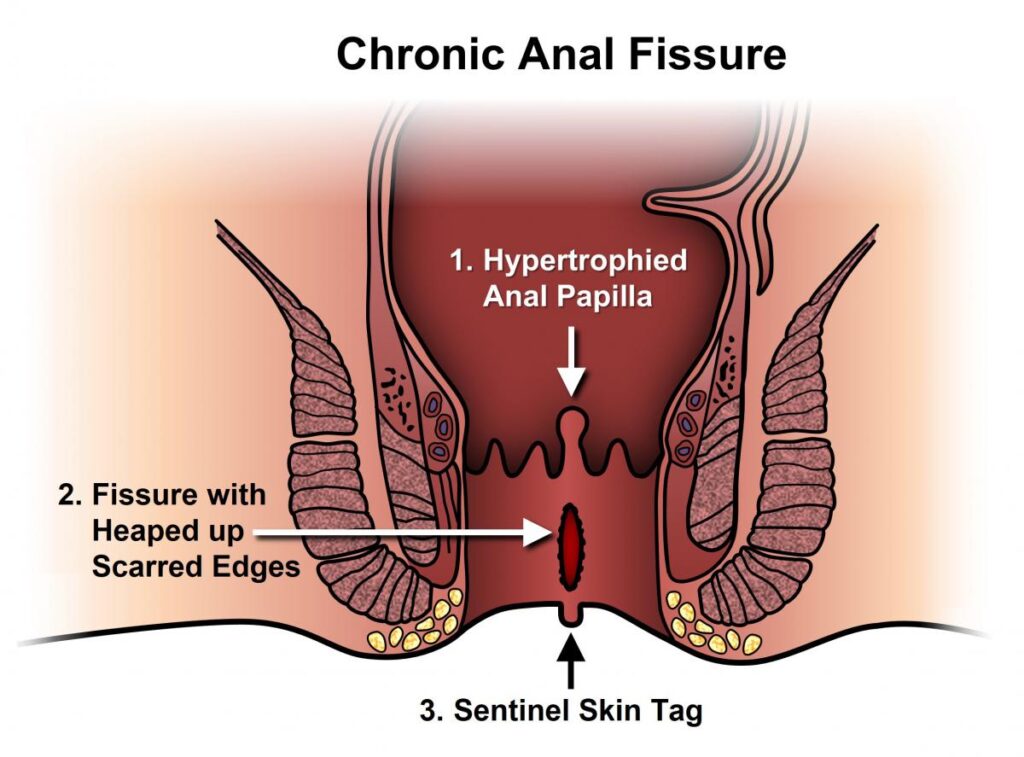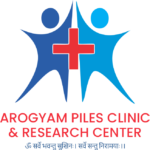
An anal fissure is a small tear in the lining of the anus, often resulting from the passage of hard stools. This condition can be quite uncomfortable and is usually accompanied by pain and occasional bleeding, as well as itching and a burning sensation. The pain experienced in anal fissures stems from the presence of the wound and triggered with irritation caused by the passage of hard stools. Therefore, it is essential to focus on the dietary habits of individuals dealing with an anal fissure to address this root cause effectively. A diet tailored to promote softer and smoother bowel movements can play a key role in managing and preventing the discomfort associated with anal fissures.
Food for anal fissure patient:-
When choosing what to eat, it’s crucial to remember that your food should help keep your stool soft and easy to pass. The key to achieving this is to focus on maintaining a diet that is rich in fiber and ensuring you consume plenty of fluids throughout the day. Fiber plays a significant role in adding roughage to your stool, which in turn absorbs water and helps soften it, making it easier to pass through your system. By prioritizing a fiber-rich diet and staying hydrated, you can promote regularity and maintain optimal digestive health.
For individuals dealing with fissures, incorporating fiber-rich foods into their diet can be beneficial. These can include a variety of green vegetables, fruits, salads, bran mixed wheat flour, and beans. Ensuring proper hydration is also key – making a habit of drinking a glass of water every hour can help maintain fluid levels. Additionally, options like buttermilk, lemonade, or coconut water can also be refreshing choices to stay hydrated throughout the day.
Foods to avoid in anal fissures:-
Foods that are difficult for the body to break down, lacking in fiber, and known to dehydrate are not ideal for those dealing with anal fissures. In particular, animal proteins like meat can be tough on the digestive system, so it’s best for individuals with anal fissures to steer clear meat. Low-fiber options such as bakery items, junk food, fast food, and processed snacks should also be kept off the menu. Additionally, limiting the consumption of dehydrating substances like caffeine, alcohol, and excess salt is important for managing anal fissures. By making these dietary adjustments, individuals can help alleviate discomfort and promote healing in the anal fissures.
Conclusion:-
Ensuring you maintain a healthy diet is crucial not just for overall well-being, but also for the health of your gut and digestion. A balanced diet can play a significant role in promoting the healing of anal fissures. But if you find yourself still struggling with this painful condition despite your best efforts, it may be time to seek professional help. Our expert doctors at Arogyam Piles Clinic and Research Center in Mohali, Chandigarh specialize in the treatment of anal fissures and can provide you with the care and guidance you need to finally find relief.




